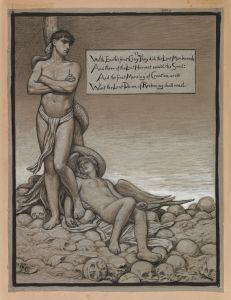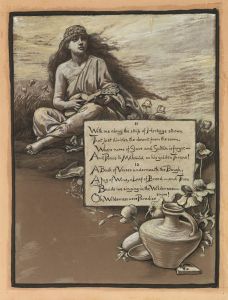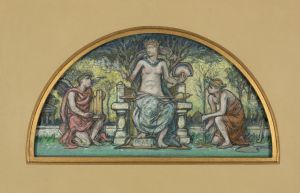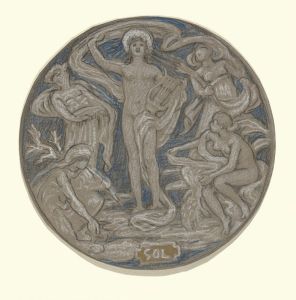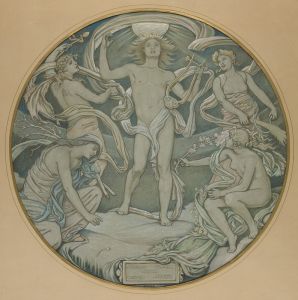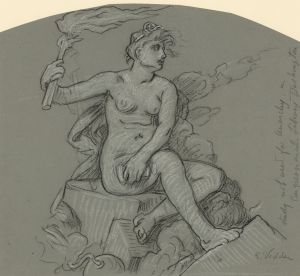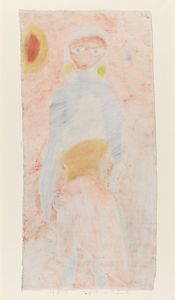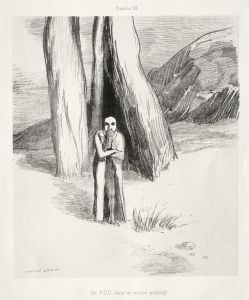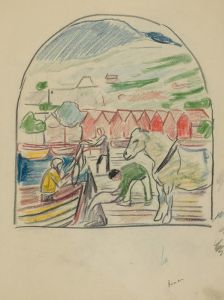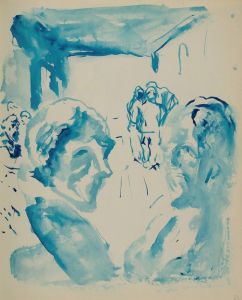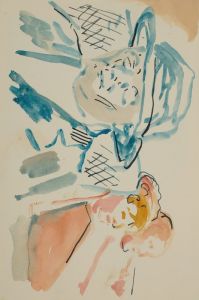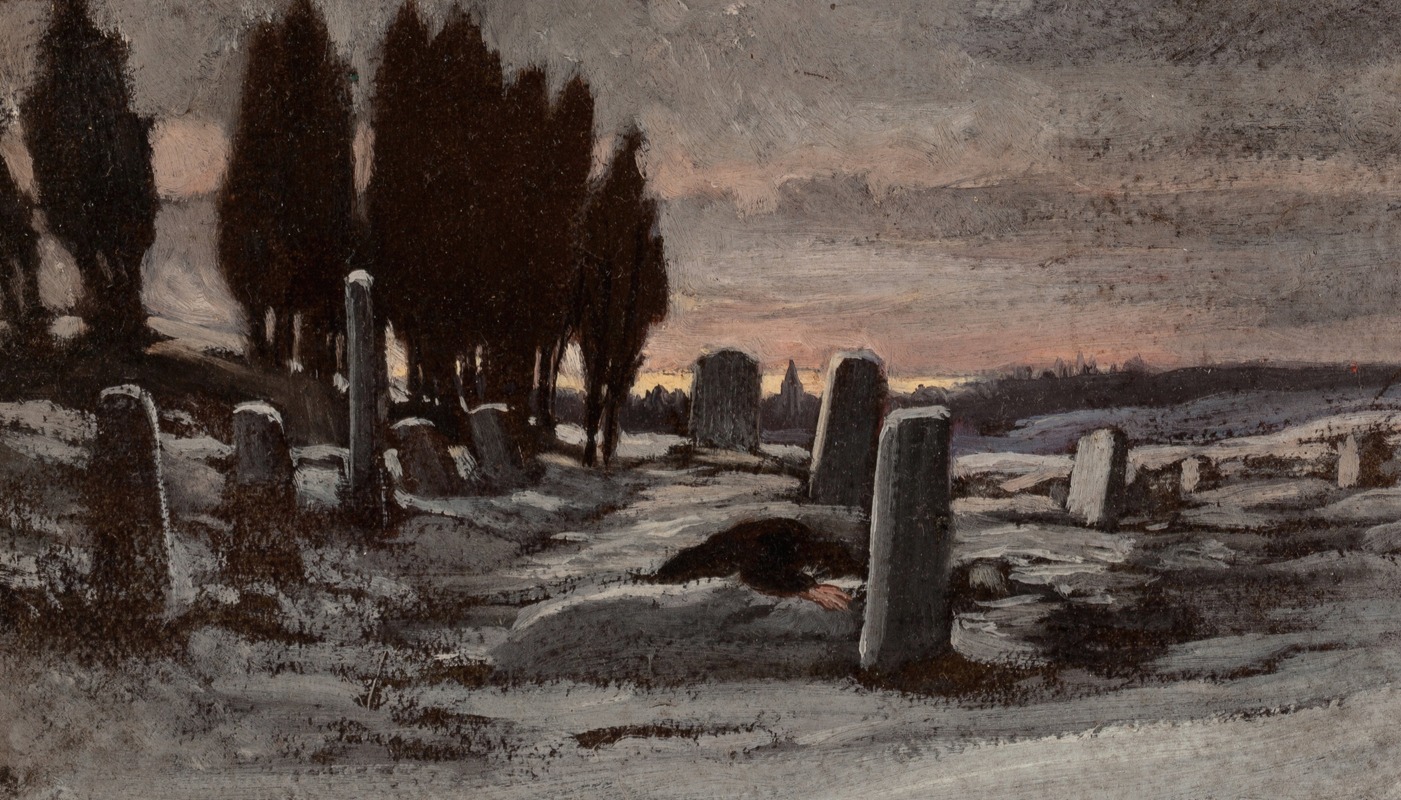
Desolation
A hand-painted replica of Elihu Vedder’s masterpiece Desolation, meticulously crafted by professional artists to capture the true essence of the original. Each piece is created with museum-quality canvas and rare mineral pigments, carefully painted by experienced artists with delicate brushstrokes and rich, layered colors to perfectly recreate the texture of the original artwork. Unlike machine-printed reproductions, this hand-painted version brings the painting to life, infused with the artist’s emotions and skill in every stroke. Whether for personal collection or home decoration, it instantly elevates the artistic atmosphere of any space.
Elihu Vedder's painting Desolation is a notable work by the American symbolist artist, created in the late 19th century. Vedder, who was born in 1836 and died in 1923, was known for his allegorical and mystical themes, often drawing inspiration from literature, mythology, and his own philosophical reflections. Desolation exemplifies his interest in symbolism and his ability to evoke emotional depth through his art.
The painting depicts a solitary figure seated amidst a barren, desolate landscape. The figure, draped in flowing garments, appears contemplative or mournful, embodying a sense of solitude and introspection. The muted color palette and sparse composition emphasize the theme of desolation, creating a haunting and meditative atmosphere. Vedder's use of light and shadow enhances the emotional resonance of the piece, drawing the viewer's attention to the central figure and the surrounding emptiness.
Vedder spent much of his career in Italy, where he was influenced by the classical art and landscapes of the region. His time in Europe allowed him to develop a unique style that blended elements of Romanticism, Symbolism, and the Pre-Raphaelite movement. Desolation reflects these influences, showcasing his meticulous attention to detail and his ability to convey complex emotions through visual symbolism.
The painting is often associated with Vedder's broader body of work, which includes illustrations for the 1884 edition of Edward FitzGerald's The Rubaiyat of Omar Khayyam. Like Desolation, many of these illustrations explore themes of mortality, the passage of time, and the human condition. While specific details about the creation and exhibition history of Desolation are limited, it remains an important example of Vedder's artistic vision and his contribution to 19th-century American art.
Today, Elihu Vedder's works, including Desolation, are appreciated for their evocative imagery and philosophical depth. His art continues to be studied and exhibited in museums and galleries, highlighting his role as a significant figure in the Symbolist movement.





